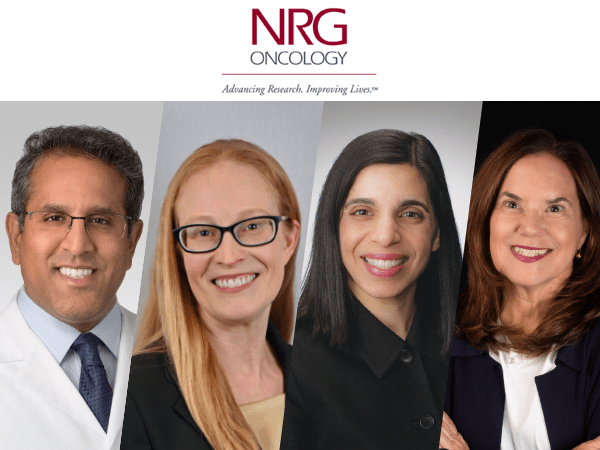

Less Radical tells the story of surgeon-scientist Bernie Fisher, who revolutionized breast cancer treatment and transformed the way we understand cancer.
He was a scrappy young surgeon—a Jewish kid from Pittsburgh who had to make it past antisemitic quotas to get into med school.
And the thanks he received for his discoveries?
A performative, misguided Congressional investigation that destroyed his reputation and haunted him until his death.


In the first episode, Less Radical host and producer Stacy Wentworth introduces Fisher and his unlikely run-in with the outspoken First Lady Betty Ford in the midst of her breast cancer treatment.
But that fall weekend in Sept. 1974 helped to alter America’s attitude toward breast cancer, which had previously only been spoken about in hushed tones.
Episodes two and three cover the origins of modern surgery, the man who developed the Halsted radical mastectomy, and Fisher’s takeaways from the wreckage of the first randomized clinical trial in patients with breast cancer.
At the end of the 19th century, a New York surgeon determined that the only way to cure breast cancer was with radical surgery. For the next hundred years, millions of breast cancer survivors bore the mark of his disfiguring approach.


Episode 2: The Knife is the Cure
Less Radical, Oct. 2, 2024
In 1958, Bernie Fisher participated in the first randomized clinical trial in patients with breast cancer. The trial was a disaster, leading most surgeons to abandon chemotherapy. Bernie, however, noticed something different in the data, which leads him on a path that will change the course of cancer treatment forever.


Episode 3: Microbe Hunters and Magic Bullets
Less Radical, Oct. 11, 2024
All three published episodes—plus a bonus episode—are now available on the Cancer History Project.
Over a total of six episodes, Wentworth takes listeners into operating rooms, through the halls of Congress, and into the labs where breakthrough cancer treatments were not only developed, but discovered.
Wentworth is a clinical associate in the Department of Radiation Oncology at Duke University School of Medicine, author, and founder of the substack Cancer Culture.
This column features the latest posts to the Cancer History Project by our growing list of contributors.
The Cancer History Project is a free, web-based, collaborative resource intended to mark the 50th anniversary of the National Cancer Act and designed to continue in perpetuity. The objective is to assemble a robust collection of historical documents and make them freely available.
Access to the Cancer History Project is open to the public at CancerHistoryProject.com. You can also follow us on Twitter at @CancerHistProj, or follow our podcast.
Is your institution a contributor to the Cancer History Project? Eligible institutions include cancer centers, advocacy groups, professional societies, pharmaceutical companies, and key organizations in oncology.
To apply to become a contributor, please contact admin@cancerhistoryproject.com.






